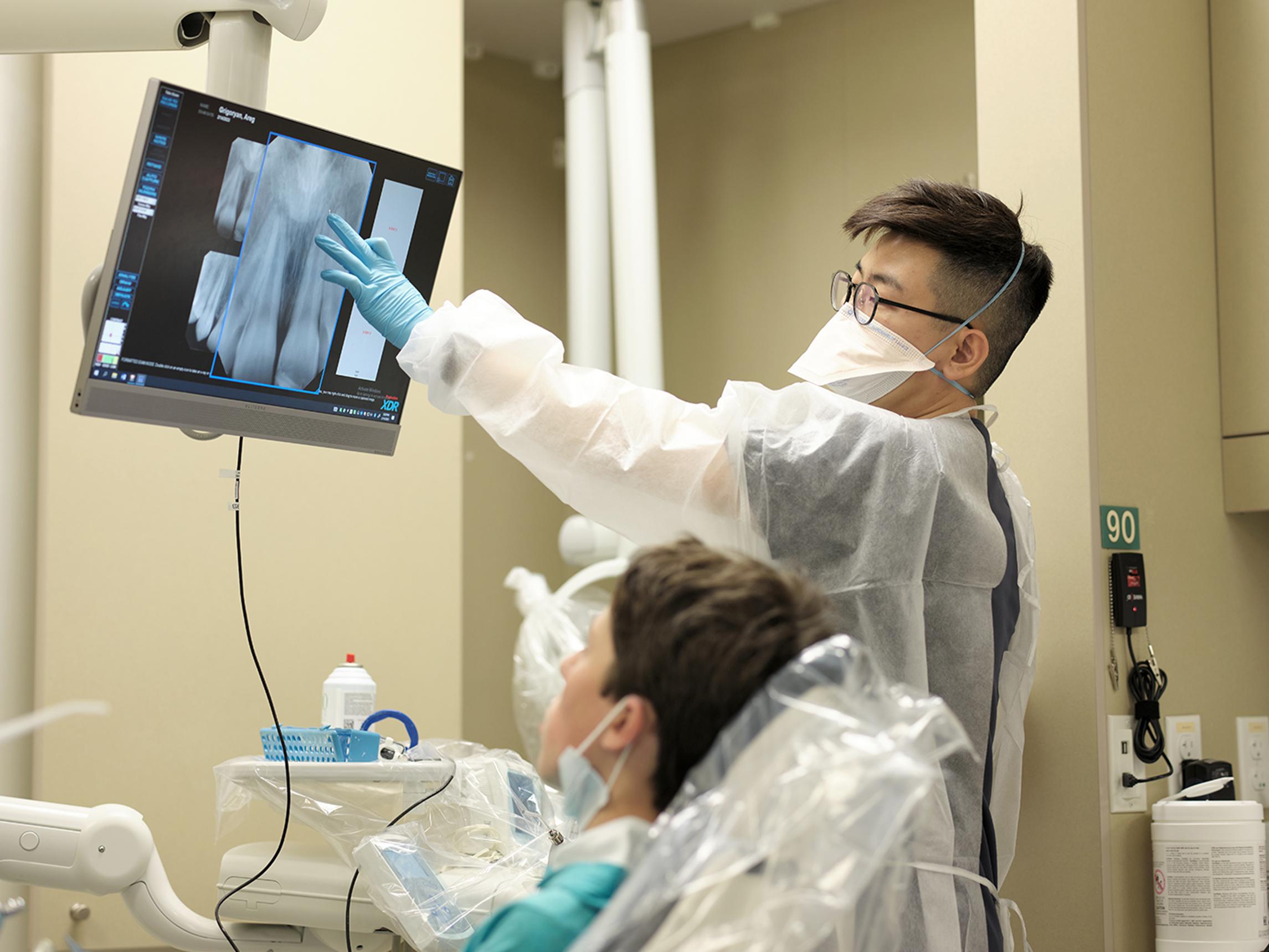An Overview to Common Oral Problems That Call for a Dental professional's Treatment
Comprehending the series of oral problems that require professional care is extremely important for maintaining optimum oral wellness. Toothaches, for example, can be symptomatic of severe concerns such as dental caries, fractured teeth, or abscesses, each requiring certain interventions like dental fillings or root canals. Gum illness, from the onset of gingivitis to a lot more severe periodontitis, underscores the value of regular oral exams and cleanings. Furthermore, impacted knowledge teeth and jaw conditions can introduce significant pain and difficulties. Making certain timely visits to the dental professional can reduce these concerns successfully, but what exactly are the treatments and indicators involved?
Toothaches
Toothaches are an usual oral problem that can range from mild pain to extreme discomfort, frequently indicating a hidden concern that calls for expert focus. This pain can originate from a selection of sources, consisting of tooth decays, broken or fractured teeth, and dental abscesses. Each of these conditions presents significant threats if left neglected, possibly bring about extra serious complications.
Oral tooth cavities, additionally known as decays, are created by the accumulation of plaque that deteriorates tooth enamel, leading to openings or pits in the impacted teeth. Abscesses are uncomfortable infections at the root of a tooth or in between a tooth and the gum tissue, generally resulting from severe decay or without treatment dental caries.
Reliable treatment of toothaches entails attending to the source. This may include fillings for tooth cavities, crowns for cracked teeth, or origin canals and prescription antibiotics for abscesses. Early intervention by an oral professional can avoid additional wear and tear and relieve discomfort, ensuring optimum dental health.
Gum Disease

The primary reason of gum tissue illness is bacterial plaque, a sticky, colorless movie that regularly develops on teeth. Poor dental hygiene, smoking, hereditary tendency, and particular medical problems, such as diabetic issues, can intensify the threat of establishing gum tissue condition. Regular oral exams are vital for early discovery and administration of this problem.
Treatment for gum tissue disease varies from specialist dental cleansing and scaling to advanced treatments like root planing and periodontal surgical procedure, depending on the extent. Maintaining good dental hygiene practices, consisting of brushing two times daily, flossing, and using a disinfectant mouthwash, can dramatically decrease the danger of gum tissue disease and promote healthier gum tissues.
Dental Caries
Cavities, likewise referred to as tooth decays, are a common dental problem characterized by the damage of tooth enamel due to acid-producing microorganisms in the mouth. These germs thrive on sugars and starches from food and beverages, creating acids that gradually deteriorate the enamel, resulting in dental caries formation.
Early-stage dental caries may not reveal signs and symptoms, but as they advance, they can trigger tooth pain, level of sensitivity to warm or chilly, noticeable openings or pits in the teeth, and discoloration. If left untreated, tooth cavities can permeate deeper layers of the tooth, potentially leading to serious pain, infection, and even missing teeth.
Preventing cavities includes a mix of excellent dental health practices and dietary habits. Routine cleaning with fluoride toothpaste, flossing, and regular oral exams are vital. Dental professionals may likewise suggest added safety nets, such as fluoride therapies and dental sealers, to secure teeth from degeneration.
Therapy for tooth cavities depends upon their seriousness. Minor cavities can be addressed with oral fillings, which recover the tooth's framework. Advanced situations may require crowns or even root canal treatment if the degeneration has actually reached the tooth's pulp. Prompt intervention by a dental professional is important to prevent complications and preserve overall dental health and wellness.
Impacted Knowledge Pearly Whites
Impacted wisdom teeth are a widespread dental problem that occurs when the third molars, frequently referred to as knowledge teeth, fail to fully emerge or straighten properly within the mouth. This problem usually results from inadequate room in the jaw or an irregular development angle of the teeth. Affected knowledge teeth can result in a selection of problems, consisting of damage, discomfort, and infection to adjacent teeth.
When knowledge teeth end up being influenced, they are frequently partly appeared or remain totally beneath the click reference gum line. This partial eruption can develop a path for bacteria to enter the periodontals, resulting in infections that materialize as swelling, discomfort, and also fever (eugene dentist). you could try here In addition, impacted wisdom teeth can exert pressure on surrounding teeth, possibly creating crowding or shifting
A comprehensive oral evaluation, generally entailing X-rays, is necessary for identifying affected wisdom teeth. Normal dental examinations are suggested to monitor the problem and maintain dental health and wellness.
Jaw Problems
Final Thought

Dental tooth cavities, additionally understood as caries, are triggered by the build-up of plaque that erodes tooth enamel, leading to holes or pits in the influenced teeth. Abscesses are unpleasant infections at the origin of a tooth or in between a tooth and the periodontal, typically resulting from serious decay or unattended cavities.
Impacted wisdom teeth are a common oral concern that occurs when the third molars, frequently referred to as knowledge teeth, fall short to totally arise or straighten properly within the mouth. Affected knowledge teeth can lead to a selection of difficulties, including pain, infection, and damage to adjacent teeth.
Furthermore, affected wisdom teeth can put in pressure on surrounding teeth, possibly causing crowding or changing.